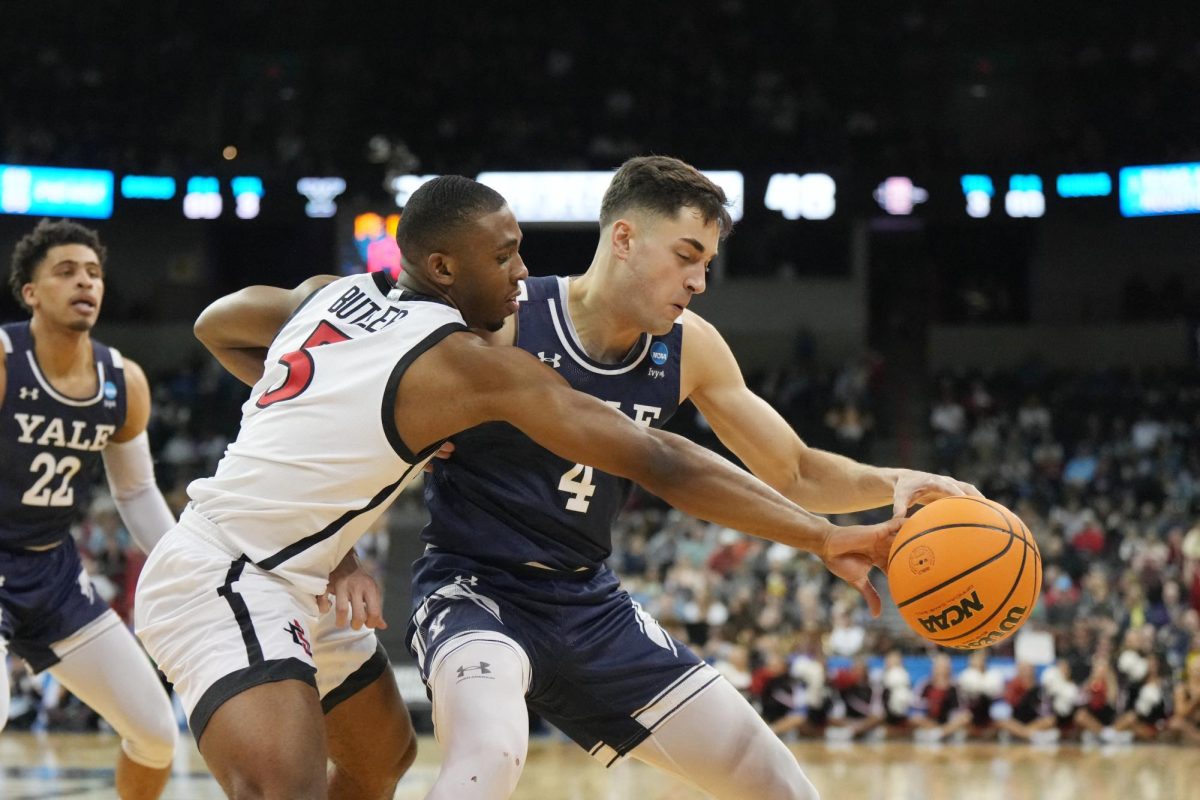NBA Expansion
The NBA is a global organization, growing and becoming such a big industry in the past 50 years. Is it time for the league to expand? Learn more on ElCid.com.
Throughout the past 70 years, the National Basketball Association (NBA) has been a mainstay of professional sports in North America. Nevertheless, some fans and analysts think that the league May need to grow in order to maintain its success and growth.
First and foremost, basketball is becoming more and more popular all around the world. More people than ever before can watch NBA games because of the growth of social media and streaming services, regardless of where they reside. As a result, the league has recently experienced a rise in popularity abroad, with players from nations like Slovenia, Australia, and Greece having a significant effect on the league.
The NBA now consists of 30 teams, which are dispersed around North America. However there are some huge cities in the market for an NBA team, including Mexico City, Montreal and Seattle. More possibilities for athletes to engage in the best competition would result from expansion. There aren’t many open roster spots because there are presently just 30 teams in the league. By growing the league, more players would have employment, and new players would have more chances to improve their abilities and compete at the top level. Expanding the league gradually, starting with one or two additional clubs and progressively adding more over time might be one potential answer to these problems. This would enable the league to closely track how growth affected the league’s overall balance and spot any roadblocks that could appear.
One argument for expansion is that it may boost the league’s earnings and worldwide popularity. With fans and athletes from all over the world, the NBA is already a significant participant on the global sports scene. The NBA has recently seen a rise in the importance of players who were born abroad. The 4 of the 5 players currently in the race for MVP of the league this year are foreign born players, (Jokic, Embiid, Antetokounmpo, Doncic). Additionally NBA rosters had more than 100 foreign players from 39 different nations in the 2020-21 season. The league is now considerably more diversified and interesting as a result of these players’ distinctive playing styles and cultural viewpoints. The NBA’s worldwide expansion might help the league entice even more brilliant foreign players and boost the league’s reputation in those players’ home nations.
While expanding the league would undoubtedly increase income, there are several difficulties to take into account. The NBA will need to identify ownership grounds with the capital and knowledge to manage a prosperous team. Also the NBA must thoroughly assess prospective expansion destinations to ensure that there is a robust fan base and sufficient funding to support a new club. In addition, if new clubs are not competitive, league expansion may cause more travel and scheduling issues as well as possible talent dilution.
Political and regulatory issues could also need to be taken into account, particularly if the Leung e will have to strike a balance between the possible income gains from growth and the potential hazards of oversaturation or harm to the league’s overall product. To make sure that any expansion is effective and long lasting the NBA will need to carefully negotiate these obstacles.
The NBA might also grow by altering the way it is now organized. With the present setup, there are 30 teams split into two conferences, each of which has three divisions. The top eight teams from each conference advance to the playoffs, with the NBA Finals featuring the champion of each league’s matchup. Others have, however, urged that the league increase the number of teams eligible for the playoffs or perhaps do away with conferences completely, allowing the top 16 teams to participate regardless of conference.
There are some worries that expanding the playoffs might result in a drop in play quality, despite the fact that it would undoubtedly increase interest and income for the league. In addition, if the league were to do away with the conferences, there may be practical issues to take into account, such as scheduling and travel.
The NBA may also consider using innovation and technology to grow. The league has already adopted technology in numerous ways, including by employing player ticking information and video replays to improve the game. But, there is opportunity for much more innovation in fields like artificial intelligence and virtual reality. For instance, during the lockdown season for Covid, the NBA developed a virtual reality experience for spectators, enabling them to “sit” court side from the comfort of their own homes and enjoy the game from various angles. The NBA may possibly implement interactive screens or augmented reality experiences to enhance the fan experience in arenas. The league might also create new wearable gadgets or concussion detection systems in order to improve player performance and safety.
In conclusion, the NBA needs to evolve in order to thrive and compete in a sports world that is always evolving. The league can effectively add additional clubs in a way that benefits players, fans, and the league as a whole by carefully weighing the potential and obstacles of growth. The NBA might be expanded in a way that benefits all parties concerned.





















































